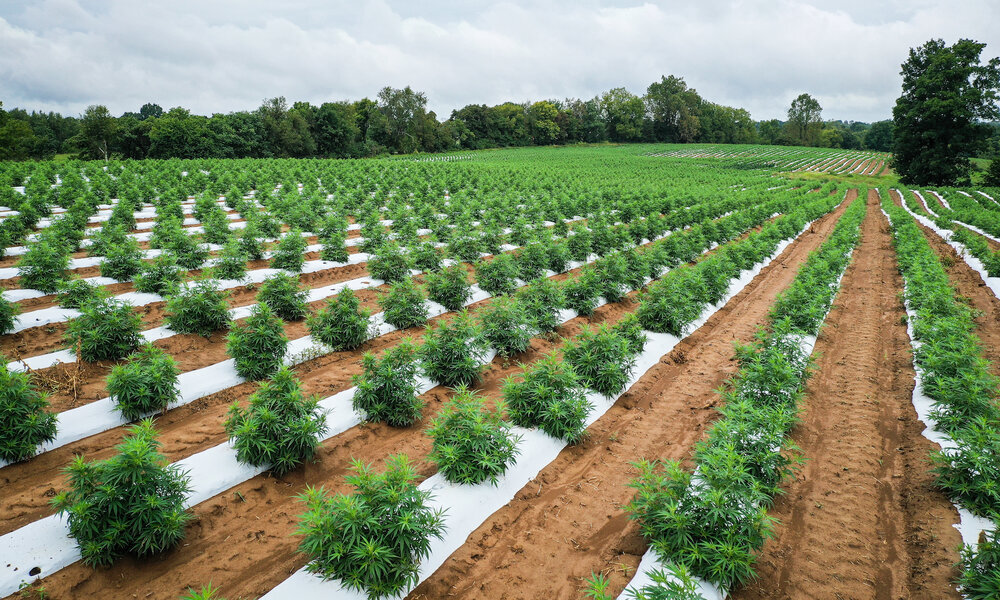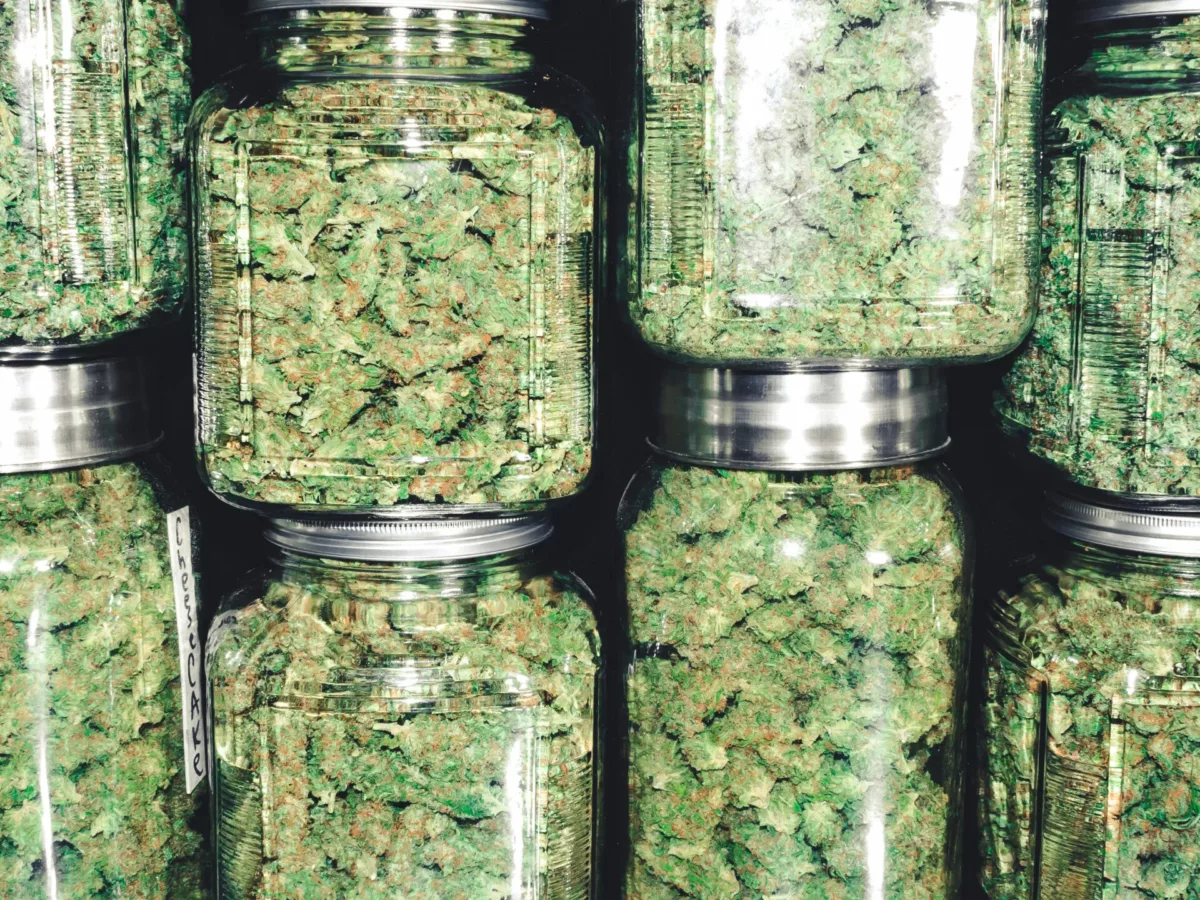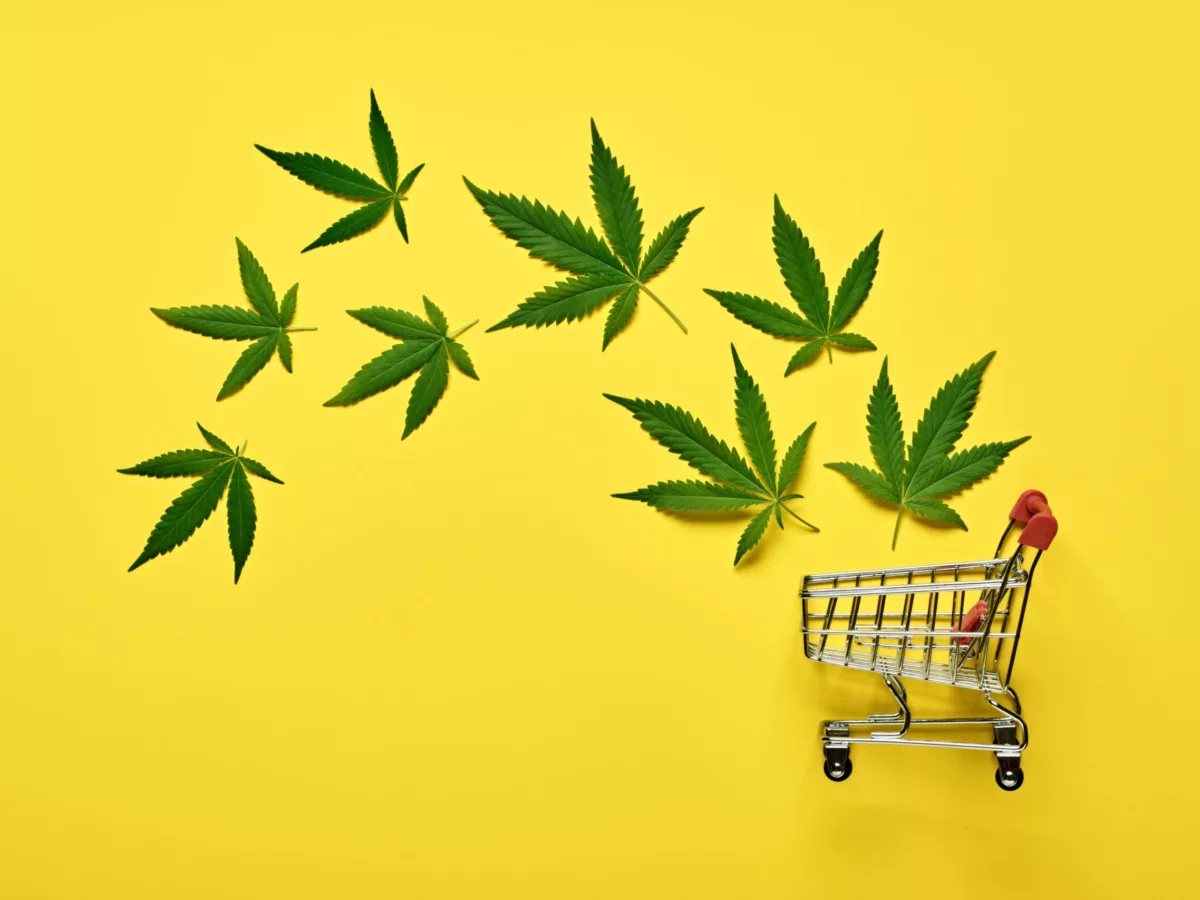In The Carroll County Times last week, journalist Jon Kelvey provided an fascinating portrait of what growing industrial hemp in Maryland looks like at this moment. “The Other Cannabis Crop: Carroll County farmers test out growing logistics, market for newly legal hemp,” details how Maryland got to this mini-moment with hemo—due to the 2014 Farm Bill which allowed hemp to be grown for research purposes and the 2018 Farm Bill which removed hemp from the list of controlled substances—and what still needs to happen (namely, the United States Department Of Agriculture has not presented its final regulations). For more on the complexities of Maryland hemp, check out The Outlaw Report’s piece, “When It Comes To Hemp, Maryland Is Somewhat ‘Open For Business.’”
Kelvey spoke to Tyler Van Wingerden of Catoctin Mountain Growers, which since last year has started growing hemp to see if it is financially wise for his farm: “We want to keep developing growing, you know, seeing what other opportunities there are, and hemp seems like something that we have a pretty good facility to play in,” Wingerden said.
Van Wingerden explained that he has become something of a convert to the medicinal qualities of CBD, the non-psychoactive cannabinoid cannabidiol found in hemp. “My dad has arthritis, he’s taking CBD, it has replaced three of his prescriptions. He doesn’t take them anymore, just CBD,” he said. “We’re excited that it seems to be proving to be really useful and actually beneficial for people.”
The article also notes that the growing interest in hemp has resulted in a steep drop in prices. In January of 2019, it was on average $3.50 per percentage point (meaning a hemp plant with 10% CBD could yield $35 per pound) and then it rose to $4.35 by summer of 2019. Into the fall, more farmers embraced hemp and the price went to $1 percentage point and into this year, just 25 cents per percentage point.
As The Outlaw Report observed earlier this year, there have been other issues with hemp as it becomes more popular including a swell of NIMBY-ism in Baltimore County where a group of residents claimed the cannabis-like smell of hemp is making them sick and giving them respiratory illnesses. Their complaints even resulted in the introduction of two House Bills: HB 510, which would prevent a farm where hemp is grown to be within two miles of a residential community (the bill defines a residential community as one where there are ten or more homes); and HB 574, which would prevent a farm where hemp is grown from being within 25 feet of a property with three or more residences unless it is grown in an indoor facility.
Neither bill made it out of the House and it should be noted, residents’ claims about hemp causing health issues are unsubstantiated. Still, that resident complaints could result in two House Bills foreshadows the next phase of hemp concerns now that it has been embraced by more and more farmers.
Meanwhile, as Marijuana Moment reported, there have been some notable adjustments to federal laws regarding hemp banking and military use of CBD. Last week, the National Credit Union Administration (NCUA) released suggestions on how credit unions considering entering the world of hemp banking go about that now that it is legalized, while promising additional guidance. And on Monday, June 22, Marijuana Moment reported on a memo from earlier this year that makes clear that hemp products, regardless of their legalization, are banned from being used by members of the military.
Photo by Rick Lohre via Shutterstock






